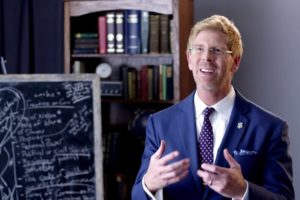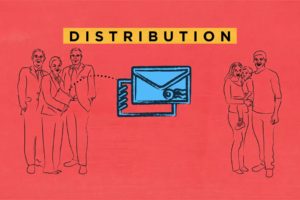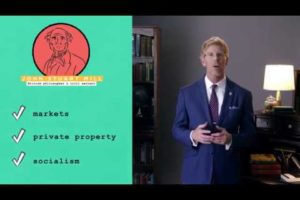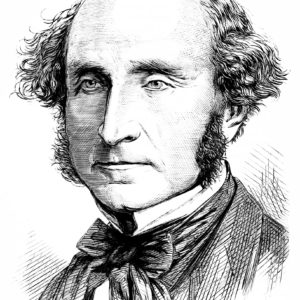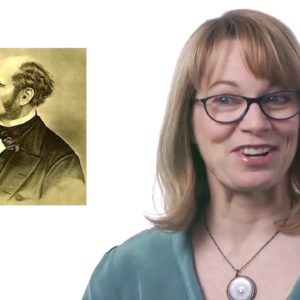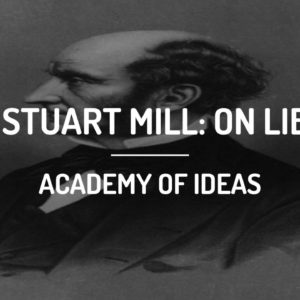Lesson 6 Lesson 6: Property, Production, and Distribution
Presented by: Dr. Jay Richards
Busch School of Business and Economics at the Catholic University of America and George Mason University
J. S. Mill and the Rise of Socialism
A perennial question considered in this lesson is the connection between production and distribution. To what extent can these two functions of an economic system be separated? Writing at the dawn of Communist and Socialist movements, John Stuart Mill evaluated alternatives to individual property and schemes of common ownership and distribution in light of principles of justice and human nature.
Key Concepts: (1) Socialism, (2) Individual Property, (3) Distribution of Wealth, (4) Utopian Schemes, (5) Rights to Property


